Purpose
Launched in the fall of 2019, the Indigenous Legal Orders Institute aims to promote and assist Indigenous peoples with the revitalization and dissemination of their respective Indigenous legal orders through relationship building, collaboration and re-development using Indigenous and other creative research methods.
Our objective is to use our institutional capacity and legal skills to provide research to further the needs of Indigenous communities locally, provincially, nationally and internationally to address the interruption and transmission of Indigenous knowledge by the impacts of colonization.
Our work is grounded in the Seven Grandfather Teachings:
 |
Nbwaakaawin (Wisdom): To cherish knowledge is to know wisdom. The beaver symbolizes wisdom by its wise use of its natural gifts given by the Creator, if the beaver did not use them, they would be useless to the beaver and the rest of Creation. We can practice this wisdom by always embracing our differences. |
 |
Zaagidwin (Love): To know love is to know peace. You feel the love of all Creation when you hold the eagle feather. In order to love others, one must love themselves first. The eagle represents love because he can fly the highest and closest to the Creator. |
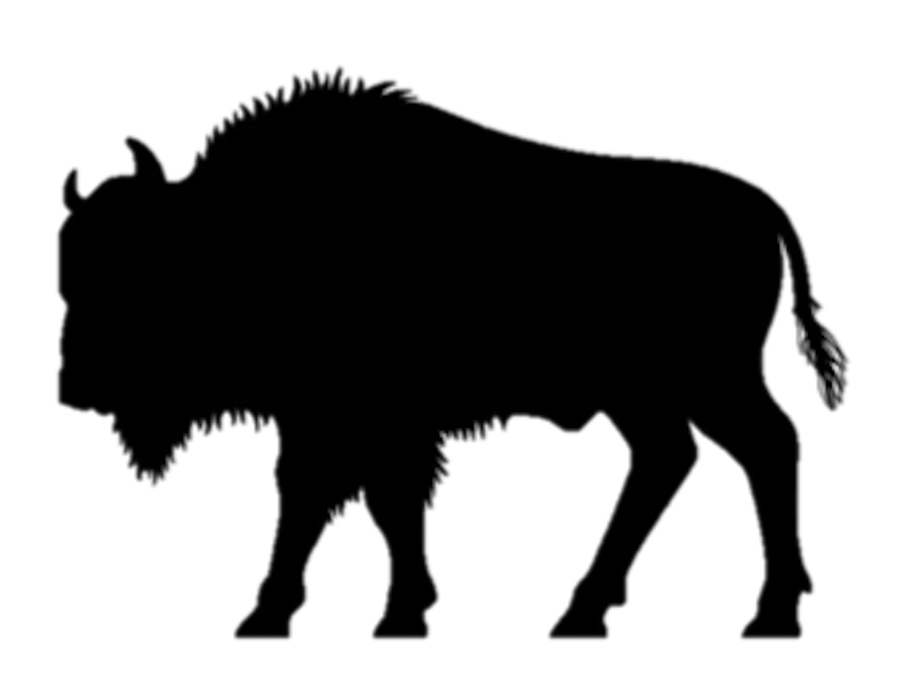 |
Mnaadendimowin (Respect): To honour all of the Creation is to have respect. Every being in Creation is special in their own way and deserves to be treated with respect. The buffalo teaches us respect by giving its life and every part of its being for the survival of humans. In doing so, the buffalo respects balance and the need of others. |
 |
Aakwa’ode’ewin (Bravery): Bravery is to face the foe with integrity. It takes courage to be one’s true self. In order to overcome the fear and challenges in life to living our true spirit, one must think of the bravery of a bear. We must protect our true spirit with the same courage a mother bear does to protect her cubs. |
 |
Gwekwaadziwin (Honesty): Honesty in facing a situation is to be brave. It is important to be honest to the original laws of the Creator and to one another. In order to be honest, one must keep the promises made to the Creator and others. The sabe reminds us to always be and accept our genuine selves in order to use our gifts. |
 |
Dbaadendiziwin (Humility): Humility is to know yourself as a sacred part of creation. In order to be humble, one must be good to all living Creation as everyone has their own purpose. The wolf teaches us humility through its respect to the pack. The wolf will not take until it can share with the rest of the pack as its life is lived for the pack. |
 |
Debwewin (Truth): Truth is to know all of these things. The original laws of the Creator are carried on the back of the turtle. The story of Creation begins on the back of the turtle which is why we know this land as “turtle island.” In order to know the truth, one must understand these laws. The truth is to be shared with one another to reinforce everyone’s place in Creation. |
Guiding Principles
The Indigenous Legal Research Institute works in collaboration with the University of Windsor Faculty of Law to bring together Indigenous individuals, groups, and organizations with the academic community. The Institute promotes collaborative research projects.
Objectives
- Organize and prepare the Haudenosaunee and Anishinaabe law camps in order to build the educational framework, promote land-based training and put Haudenosaunee and Anishinaabe legal orders into practice.
- Expanding the capacity and reach of the camps in order to reach out to multiple departments across the University of Windsor community.
- Working in collaboration and partnership with local Indigenous nations to codify their traditional legal orders.
- Partaking in international outreach to Indigenous nations to contribute to the application and communication of their original laws.
Logo
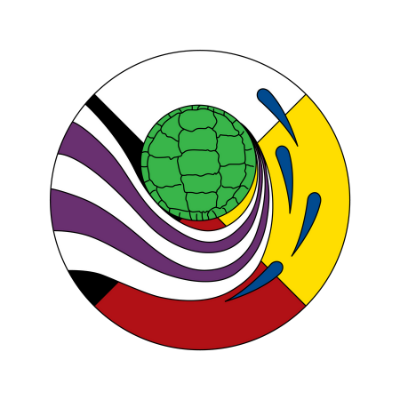
The institute’s logo, designed by Patrick Sandy, a Mohawk artist, is representative of the medicine wheel, the Two Row Wampum, Turtle Island and the water. We are situated in this territory “where the river bends” and thought it appropriate that when we are respecting two worldviews of law (Indigenous and Eurocentric) that we utilize the Kuswentah Wampum Belt (also known as the Two Row Wampum Belt) which recognizes and respects these two worldviews that flow “along this river of life”. The water droplets represent the sacredness and respect of the river, in which the law school is closely connected to. The wampum belt is bending around the teachings of the Medicine Wheel that represents all colours of human beings, all dimensions of well-being (mental, physical, emotional and spiritual) and respects the directions of all peoples (north, west, east, and south). The turtle’s back represents Turtle Island.
Team Members
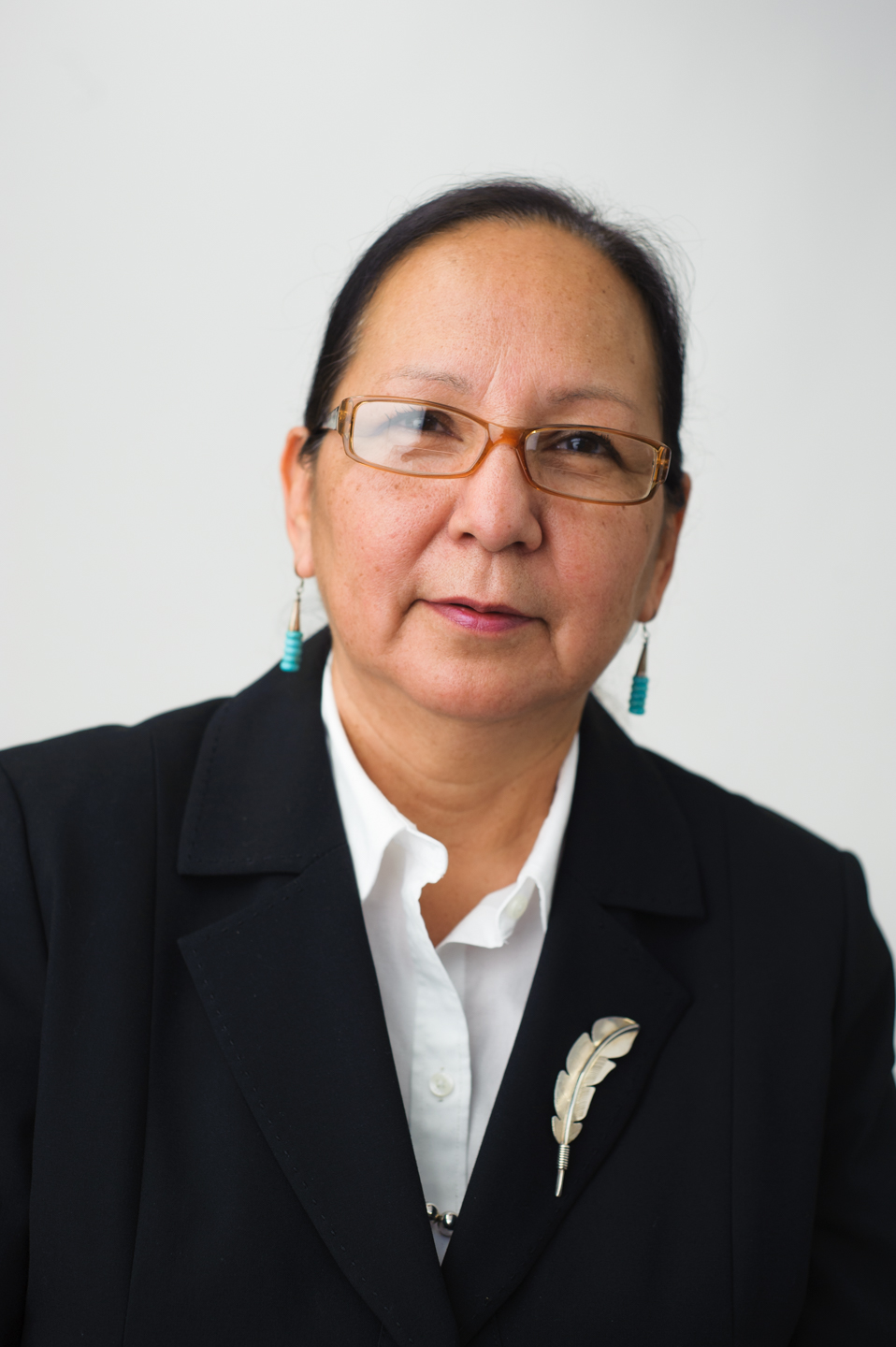
Valarie Waboose is an Assistant Professor at Windsor Law. Her areas of specialization include Indigenous legal traditions, the legacy of residential schools, and the ways in which First Nations within Canada reconcile with their past. Dr. Waboose is a member of the Three Fires Midewiwin Society and is interested in conducting research and expanding knowledge in the areas of Anishinabe Indigenous knowledge and Indigenous research methodologies. Her Indigenous knowledge is interwoven with the pedagogical methodologies she utilizes within the classroom setting. As an Anishinabe Kwe, she believes in sharing her knowledge with non-Indigenous students so that they can better serve their clients when they enter the legal profession. Dr. Waboose graduated from Windsor Law in 1993 and was called to the Ontario Bar in 1995. She completed an LLM in Alternative Dispute Resolution at Osgoode Hall Law School in 1999. From 1996 to 2002, Dr. Waboose worked as In-House Legal Counsel to the Walpole Island First Nation (Bkejwanong Territory). In 2002, she moved to Cambridge, Massachusetts to attend the Program on Negotiation. Upon returning home, she established a consultation business specializing in policy development, strategic planning, program planning and evaluation, pre-employment training, and life skills coaching. In 2016, Dr. Waboose completed a PhD in Indigenous Studies at Trent University. She joined Windsor Law in July of that year. Dr. Waboose is delighted to be working at the law school from which she graduated and hopes to see many Indigenous students pass through the doors of Windsor Law while she is here.
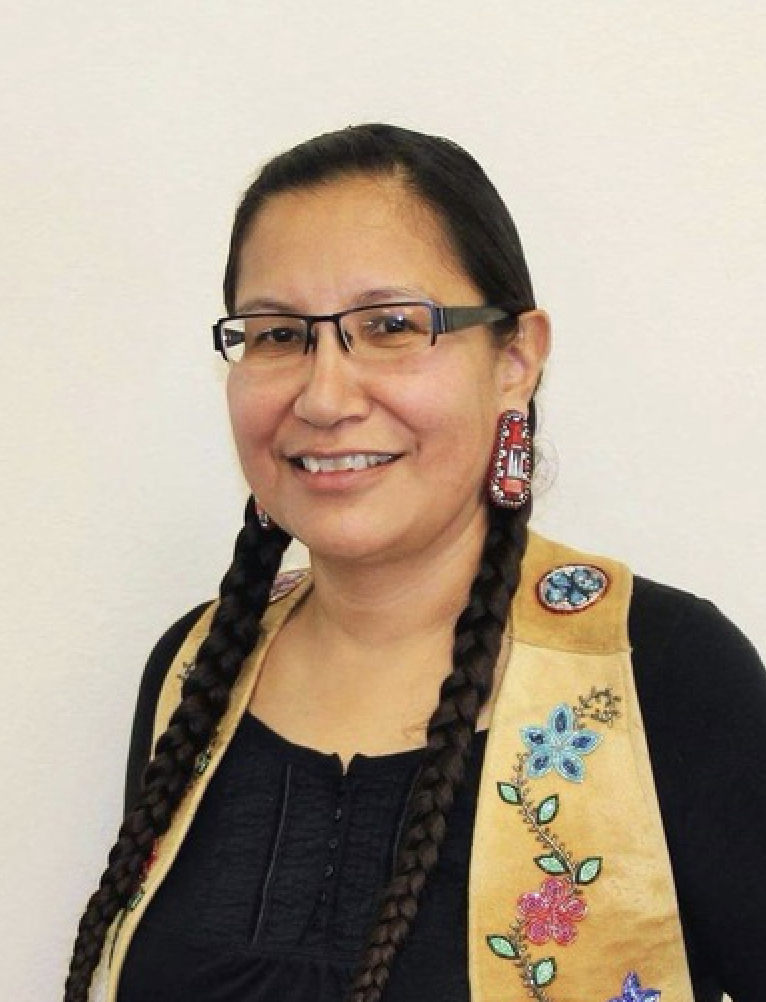
Sylvia McAdam (Saysewahum) is from the Treaty 6 lands in what is now called “Canada.” She is a direct descendant of Treaty peoples and Original peoples of these lands. Sylvia is from the nēhīyaw Nation. She has her Juris Doctorate from the University of Saskatchewan and a Bachelor’s degree in Human Justice from the University of Regina. Sylvia is co-founder of a global grassroots Indigenous-led movement called “Idle No More.” Idle No More has changed the political and social landscape of Canada as well as reached the global community to defend and protect all lands, waters, and animals. Sylvia is also co-founder of the “One House Many Nations” Campaign, which designs off-the-grid sustainable tiny-homes to address and raise awareness about the epidemic unacceptable proportions of homelessness in such a wealthy state as “Canada” especially amongst Indigenous/Original peoples. Through the work of protecting land and water, Idle No More has been selected for several awards, namely: the Carole Gellar Human Rights Award, Foreign Policy Top 100 Global Thinkers 2013, Social Justice Award, and 2014 Global Citizen Award. Most recently, it was awarded the Margolese National Design for Living Prize.
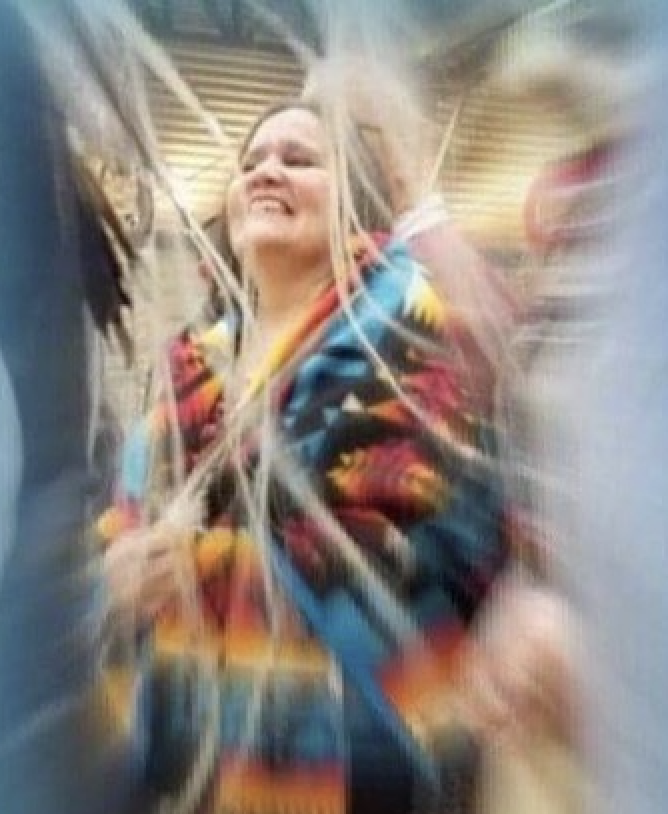
Beverly Jacobs, C.M., LL.B., LL.M., PhD is Mohawk Nation of the Haudenosaunee (Iroquois) Confederacy, Bear Clan. Beverley Jacobs is an Assistant Professor at the Faculty of Law, University of Windsor and she practices law part-time at her home community of Six Nations of the Grand River Territory. Her research focuses on Indigenous Legal Orders, Indigenous Wholistic Health, Indigenous Research Methodologies, and Decolonization of Eurocentric Law. Beverley has obtained a Bachelor of Law Degree from the University of Windsor in 1994, a Master of Laws Degree from the University of Saskatchewan in 2000 and a PhD from the University of Calgary in 2018. Beverley is also a consultant/researcher/writer/public speaker and she is a former President of the Native Women’s Association of Canada (elected 2004 to 2009). Beverley's passion is about peacefulness and safety of Indigenous peoples. For the past 25 or so years, much of her work has focussed on anti-violence work, restoring Indigenous traditions, values, beliefs and laws and decolonizing Eurocentric law. She continues to advocate for families of missing and murdered Indigenous women and girls and to educate the public about the history and impacts of colonization, which has resulted in the traumas that are occurring to Indigenous peoples, specifically Indigenous women and girls today. Beverley is a Member of the Order of Canada. She received a Franco-German Prize for Human Rights and the Rule of Law from the Governments of France and Germany for her human rights fight for the issues relating to missing and murdered Indigenous women and girls in Canada. She also received a Governor General’s Award in Commemoration of the Person’s Case in 2008 and an Esquao Award from the Institute for the Advancement of Aboriginal Women. She received two awards from Mohawk College in 2018: 1) Alumni of Distinction Award and 2) Distinguished Fellow – Adjunct Professor. And in her first year of teaching at the Faculty of Law, University of Windsor, she received an Office of Human Rights, Equity & Accessibility, Human Rights and Social Justice Award. She is mother of Ashley and grandmother of Nicholas (18), Tessa (16), Bryson (11) and Kenna (9). She is partner to Patrick Sandy, Mohawk Nation, Turtle Clan.
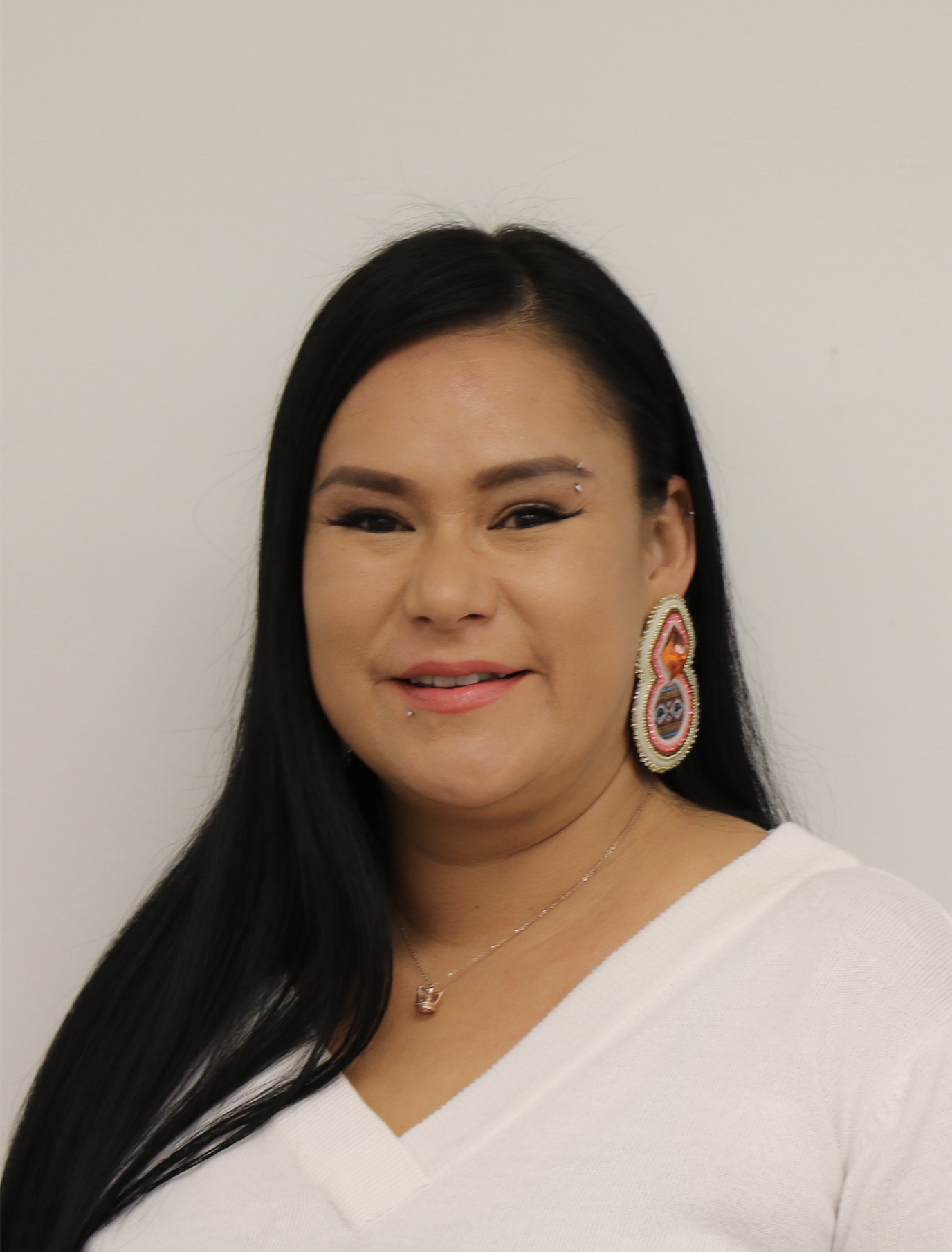
Michelle Nahdee originally from Walpole Island First Nation and Moravian of the Thames Delaware Nation. Single mother of 4 children. Has always had a special interest in Indigenous Legal Order and very actively involved in Indigenous issues in every community she has lived in. Was extremely excited to join the Windsor Law team with being given the opportunity to work with the amazing faculty, guest speakers, Elders and University of Windsor team as a whole. Extremely grateful to be a part of planning, organization and implementation of the fourth World Indigenous Law Conference as the Northern Hosts and the opportunity to bring Indigenous Peoples in and together from around the World to discuss actual implementation of Indigenous Legal Orders. Being a part of this team is Michelle’s dream job and the opportunity for greater learning is most sincerely appreciated.
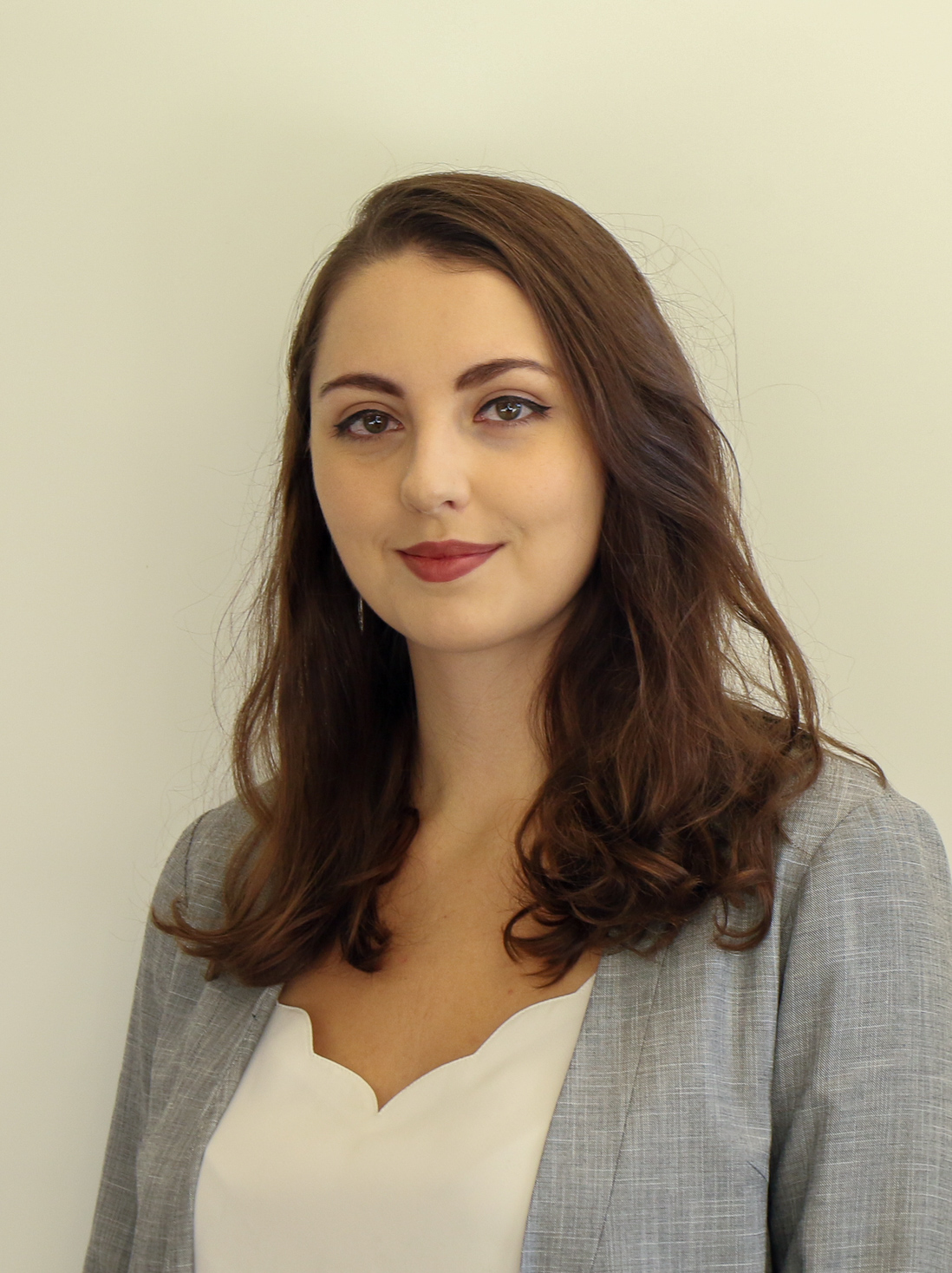
Meghan Chant is a third-year law student at the University of Windsor. She obtained her Honours Bachelor of Arts from Western University with a specialization in Criminology and a major in First Nations Studies. Her area of interest is criminal law. She is currently a Research Assistant for Dr. Valarie Waboose, Director of the Indigenous Legal Orders Institute. Additionally, she is a Research Assistant to Professor Ruth Kuras, Chair of the SLS Moot Committee, Co-Chair for the 2020 Windsor Law Zuber Moot, Co-President of the Windsor Law Chapter of the Women’s Legal Education and Action Fund and Events Coordinator for the Criminal Law Association of Windsor.
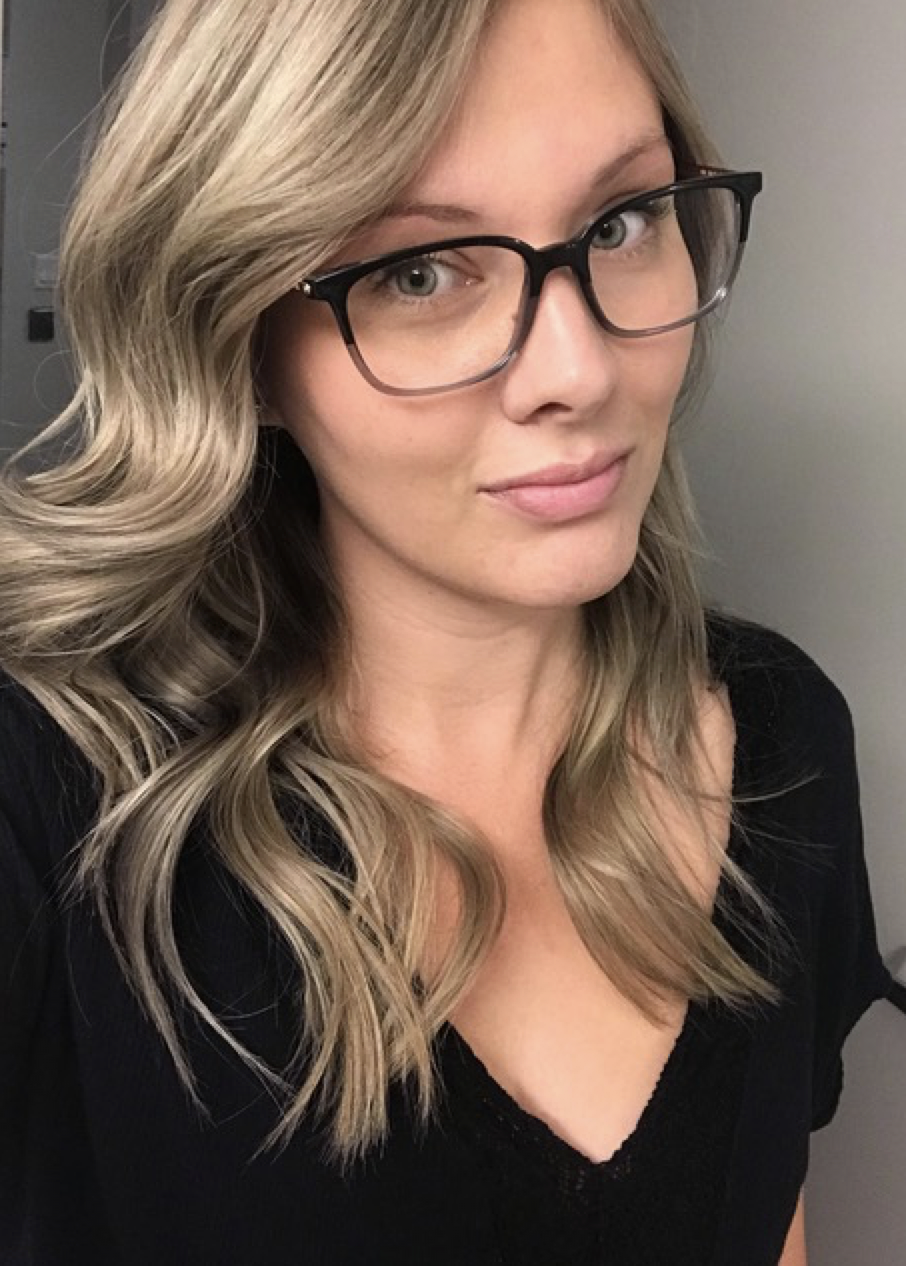
Ashley Chief is a first-year law student at the University of Windsor. She is a member of the Pine Creek First Nation. They were of Saulteaux descent and hailed from the Ontario Lake Superior area of Sault Ste. Marie. The name “Saulteaux” is derived from the French language meaning “people of the rapids”; they are also formally recognized as Plains Ojibwe or Anishinaabe. Her areas of interest include family law and criminal law. She obtained her Honours Bachelor of Arts from Western University with a specialization in Criminology as well as a minor in Psychology. She is currently a research assistant for Dr. Valarie Waboose, Director of the Indigenous Legal Orders Institute, and a first-year representative for the Criminal Law Association of Windsor.
Events
Indigenous Scholars Lecture Series with Dr. Val Napoleon
Wednesday, February 16, 2022
Online (Blackboard Collaborate)
Register: attend.com/DRNAPOLEON
Indigenous Scholars Lecture Series with Professor Heidi Kiiwetinepinesiik Stark
Wednesday, January 19, 2022
Online (Blackboard Collaborate)
Register: attend.com/StarkJan19
Indigenous Scholars Lecture Series with Prof. Jeffery Hewitt
Wednesday, November 24, 2021
Online (Blackboard Collaborate)
Register: attend.com/JeffreyHewittNov24
Indigenous Scholars Lecture Series with Sheelah McLean
Wednesday, March 10, 2021
Online (Blackboard Collaborate)
Register: attend.com/SheelahMcLean
Indigenous Scholars Lecture Series with Russ Diabo
Wednesday, February 17, 2021
Online (Blackboard Collaborate)
Recording: https://ca-lti.bbcollab.com/recording/6a5c1b459846428c8d06ef1934da1d76
Colonialism in 2021: Seeking Equity for Nations within Nations with Cindy Blackstock
Wednesday, February 10, 2021
Online (Blackboard Collaborate)
Recording: bit.ly/3rHOo68
Is Water a Person? The Spiritedness and Agency of Nibi with Aimee Craft
Tuesday, February 9, 2021
Online (Blackboard Collaborate)
Recording: https://ca-lti.bbcollab.com/recording/944ae20cad4a49a0888f13efb730d7e7
Indigenous Scholars Lecture Series with Dr. John Borrows
Wednesday, January 20, 2021
Online (Blackboard Collaborate)
Recording: https://ca-lti.bbcollab.com/recording/ac59b0cc7a1a4c2aa71a2d0f94842600
Indigenous Legal Orders Institute Launch
Friday, November 1, 2019
Upper Commons, University of Windsor Faculty of Law
View the photo album on Facebook

